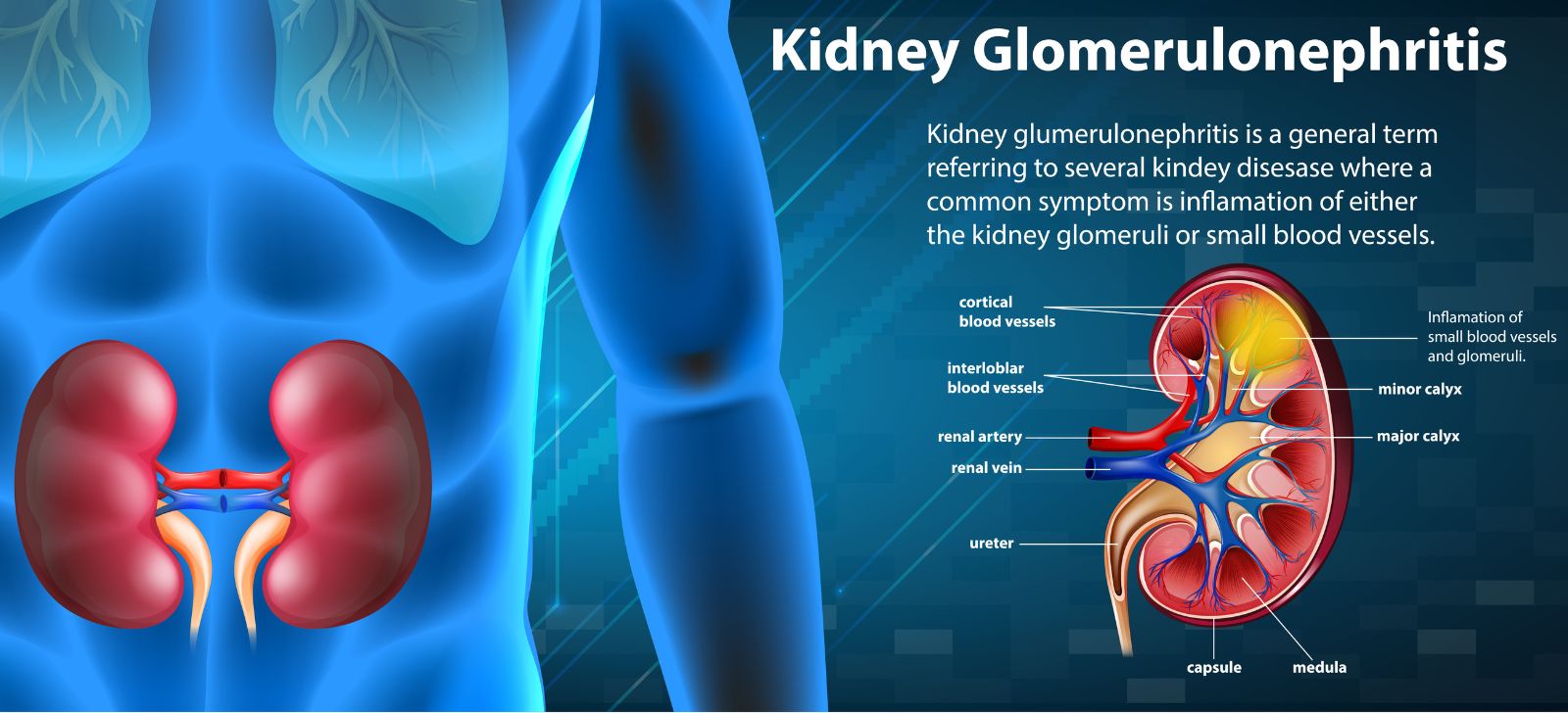Kidney stones can cause excruciating pain and discomfort, affecting millions of people worldwide. If you’re experiencing symptoms or are curious about this common condition, this article will provide valuable insights into kidney stones. From understanding their causes and symptoms to exploring effective treatment options, we’ll delve into everything you need to know.
What are Kidney Stones?
Kidney stones are hard mineral and salt deposits that form in the kidneys. They can vary in size and shape, ranging from tiny grains to larger, jagged stones. Kidney stones can develop when certain substances in the urine, such as calcium, oxalate, or uric acid, become highly concentrated and crystallize. These crystals then join together to form stones.
Common Causes and Risk Factors of Kidney Stone
Several factors contribute to the formation of kidney stones. Some common causes and risk factors include:
- Dehydration: Insufficient fluid intake can lead to concentrated urine, increasing the likelihood of stone formation.
- Diet: Consuming a diet high in sodium, oxalate, or animal protein can raise the risk of developing kidney stones.
- Family History: A family history of kidney stones can increase an individual’s susceptibility.
- Certain Medical Conditions: Conditions like obesity, high blood pressure, and urinary tract infections can increase the risk.
- Certain Medications: Some medications, such as diuretics or antacids containing calcium, may contribute to stone formation.
Recognizing Symptoms
Kidney stone symptoms can vary depending on the stone’s size and location within the urinary tract. Common symptoms include:
- Intense Pain: Severe pain in the back, side, lower abdomen, or groin area is a hallmark symptom of kidney stones. The pain often fluctuates and may be accompanied by waves of discomfort.
- Urinary Changes: Blood in the urine, frequent urination, urgency, and a burning sensation during urination may occur.
- Nausea and Vomiting: Kidney stones can cause nausea and vomiting due to the intensity of the pain.
- Cloudy or Foul-Smelling Urine: In some cases, urine may appear cloudy or have an unpleasant odor.
Effective Treatment Options
The treatment of kidney stones depends on their size, location, and severity of symptoms. Common treatment options include:
- Drinking Plenty of Fluids: Increasing fluid intake helps flush out the stones and prevent new ones from forming.
- Medications: Certain medications can help alleviate pain, control infection, or facilitate stone passage.
- Extracorporeal Shock Wave Lithotripsy (ESWL): This non-invasive procedure uses sound waves to break larger stones into smaller fragments for easier passage.
- Ureteroscopy: A thin tube with a camera is inserted into the urethra to locate and remove or break up stones in the ureter or kidney.
- Surgery: Surgical intervention may be necessary for large stones or when other treatments are ineffective.
Prevention Tips
To reduce the risk of kidney stone recurrence, the following preventive measures are recommended:
- Stay Hydrated: Drink an adequate amount of water daily to maintain proper urine dilution.
- Follow a Balanced Diet: Limit sodium and animal protein intake while consuming a diet rich in fruits, vegetables, and whole grains.
- Moderation with Oxalate-Rich Foods: Reduce consumption of oxalate-rich foods like spinach, rhubarb, and chocolate.
- Maintain a Healthy Weight: Aim for a healthy weight to reduce the risk of stone formation.
- Regular Follow-ups: If you’ve had kidney stones in the past, regular check-ups with a healthcare professional can help monitor and manage your condition effectively.
FAQs:
Q1: Can kidney stones be prevented?
A1: While not all kidney stones can be prevented, certain measures can reduce the risk of stone formation. Drinking plenty of fluids, following a balanced diet, moderating intake of oxalate-rich foods, maintaining a healthy weight, and having regular check-ups with a healthcare professional can help in prevention.
Q2: How long does it take to pass a kidney stone?
A2: The time it takes to pass a kidney stone varies for each individual. Smaller stones may pass on their own within a few days or weeks. Larger stones may require medical intervention or procedures to facilitate their passage. It’s important to consult a healthcare professional for appropriate evaluation and guidance.
Q3: Are all kidney stones symptomatic?
A3: No, not all kidney stones cause symptoms. Some small stones may remain asymptomatic and pass without causing noticeable discomfort. However, larger stones or stones that cause blockage or irritation in the urinary tract are more likely to produce symptoms such as pain, urinary changes, or other related issues.
Q4: Are kidney stones a recurring condition?
A4: Kidney stones can be a recurring condition for some individuals. Certain factors, such as underlying medical conditions, genetic predisposition, or lifestyle choices, can increase the likelihood of recurrent stone formation. Following preventive measures, regular check-ups, and adhering to medical advice can help reduce the risk of recurrence.
Q5: Can kidney stones be treated without surgery?
A5: Yes, many kidney stones can be treated without surgery. The approach to treatment depends on factors such as the size, location, and symptoms associated with the stones. Treatment options may include increased fluid intake, medication to manage symptoms or facilitate stone passage, or non-invasive procedures such as extracorporeal shock wave lithotripsy (ESWL) or ureteroscopy.
Q6: Are there any dietary restrictions for individuals with kidney stones?
A6: Dietary recommendations may vary depending on the type of kidney stone. For example, individuals with calcium oxalate stones may be advised to limit their intake of oxalate-rich foods, while those with uric acid stones may need to avoid purine-rich foods. Consulting a healthcare professional or a registered dietitian can provide personalized dietary guidance based on the specific type of stone and individual needs.
Conclusion:
Kidney stones can be a painful and distressing condition, but understanding their causes, recognizing symptoms, and exploring treatment options are essential for effective management. By following prevention tips and seeking appropriate medical care, individuals can minimize the risk of kidney stone recurrence and maintain optimal kidney health. Remember, if you suspect kidney stones or experience persistent symptoms, consult the best urologist in Kolkata for proper evaluation and guidance.


